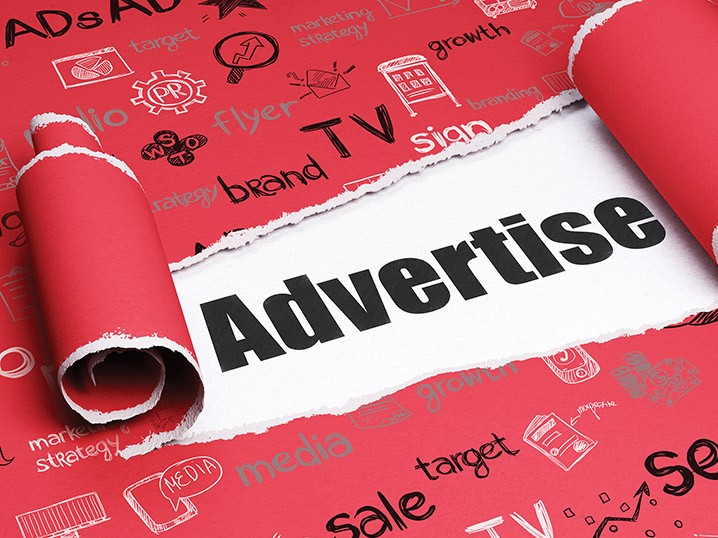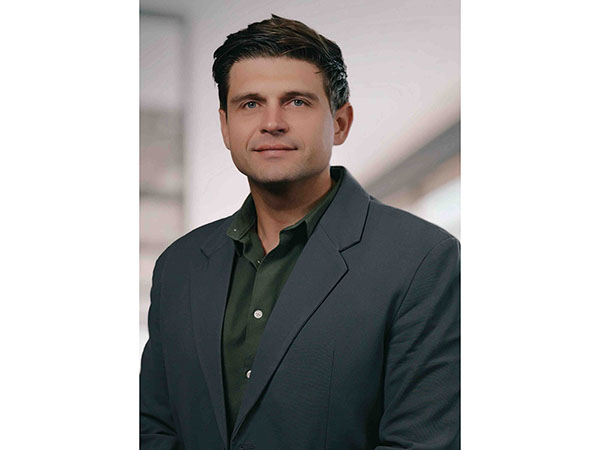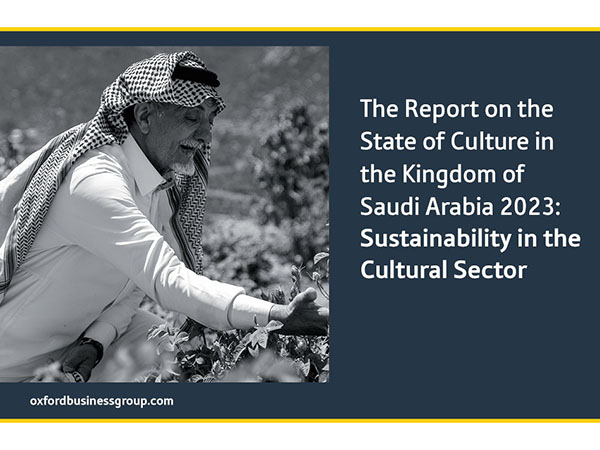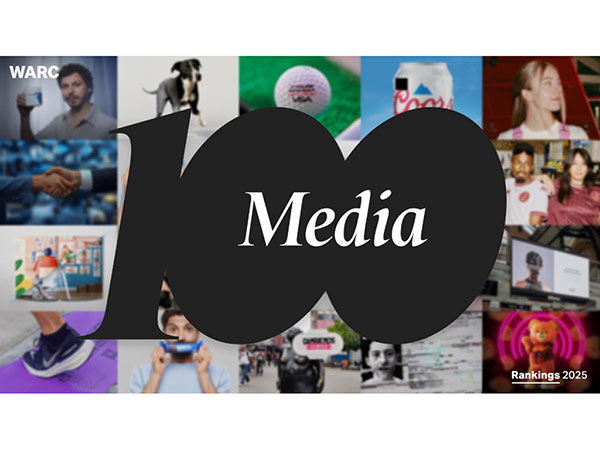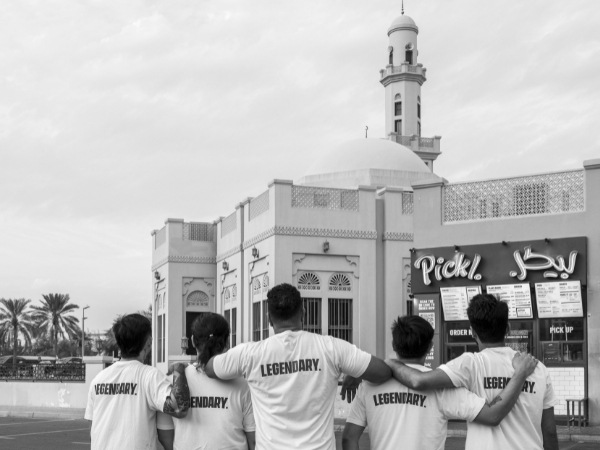News - Advertising
Lebanon: Advertising in a time of crisis
February 18, 2020

Lebanon is teetering on the edge of financial calamity. The economy is collapsing, confidence is plummeting, and one of the world’s most heavily indebted nations faces disaster. Not since the end of the civil war has the economic outlook appeared so bleak.
Not that anybody on the ground needs reminding of this fact. A dollar shortage has led banks to control access to deposits and place restrictions on foreign transfers. The Lebanese pound has devalued (despite being pegged to the dollar), leading to rising prices and concerns over runaway inflation. Companies have been forced to cut wages or make staff redundant, while those businesses without access to international bank accounts have been unable to purchase goods from abroad, leading to stock shortages and an inability to make ends meet.
In December, Mansour Bteish, the country’s Minister of Economy and Trade, estimated that Lebanon’s economy was losing more than $70 million a day, with the hospitality industry particularly badly hit. Restaurants have closed, hotel occupancy has crashed, and companies across the country face a wearying struggle for survival. All of which has led to increased poverty, rising unemployment and an accelerating exodus from the country.
“We are part of this country and its economy and everything was directly or indirectly affected by the latest crisis,” says Ralph El Kahi, chief marketing officer at Gray Mackenzie Retail Lebanon, which operates Spinneys, discount store Happy, and Grab’nGo. “We are going through a very critical situation and it all started gradually, even before October 17th. Every business has been affected in their own way and on different levels. It is true that supermarkets are still selling, but our whole business model has changed and we are exposed to daily problems we’ve never faced before, such as product availability, supply chain, distributors, payment terms, currency exchange, importation, logistics, among others.”
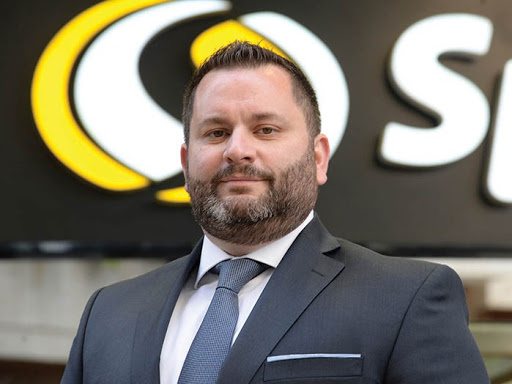
“Budgets were reduced, plans have changed, strategies were modified to fit the situation; communication channels were shuffled, but we have no choice but to move forward.”--Ralph El Kahi, chief marketing officer at Gray Mackenzie Retail Lebanon
At the sharp end lies the increasingly downtrodden consumer. The country’s consumer price index, which measures changes in the prices paid by consumers for a basket of goods and services, rose from 108.85 in September to 115.54 in December. That figure is expected to grow throughout 2020 as pressure on the economy intensifies.
None of which is good news for brands or the agencies they rely on for their advertising and communication. Purchasing power is decreasing, shops are witnessing a significant drop in footfall, and tourism is in decline, says Philippe Patsalides, managing director of L’Oréal Levant. Like all other businesses, L’Oréal has responded by cutting costs. It has limited travel to the most essential, controlled miscellaneous spending, and postponed new investments. It has not, however, cut staff or salaries. “Safeguarding the interests of our current employees is one of our main priorities,” says Patsalides.
Advertising budgets haven’t been so lucky. Estimates for the fall in advertising spend range from 70 to 90 per cent – figures that are unprecedented. For the advertising industry, it’s an unmitigated disaster. For brands, it’s a decision born out of necessity.
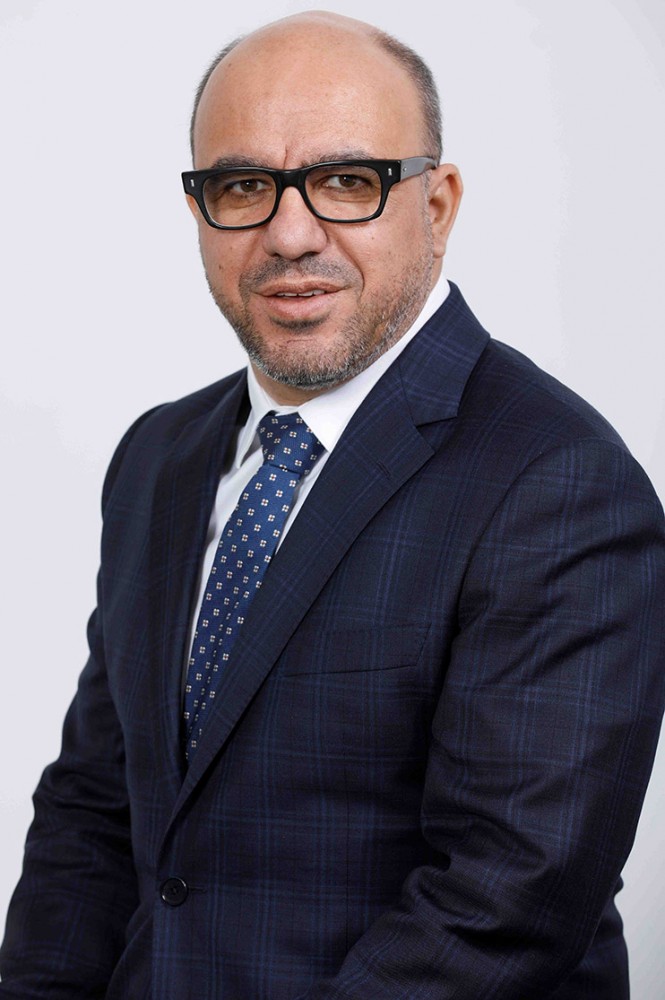
“Given the current uncertainties in the market and our dedication to keep the consumers’ needs at the heart of all our efforts and investments, 2020 will be a year in which we focus our marketing initiatives and campaigns on innovations and products.”--Philippe Patsalides, managing director of L’Oréal Levant.
“Today everybody is in survival mode,” says Ibrahim Hanania, area manager for the Levant at Bacardi. “Companies aren’t looking to build brands, they’re looking to survive this crisis until there is a new normal. Everyone is still in a crisis mindset and we’re waiting until the situation will normalise. And when I say normalise, that doesn’t mean everything will go back to how it was before. If we used to spend $100 then the new normal will be spending maybe $50. This will become our new way of living.
“We’ve cut everything related to marketing and advertising but we have maintained, or have tweaked, investment in in-store communication. There is no point in building brands. You can only make sure to be in the right place at the right time with the best visibility.”
Bacardi, whose products include Grey Goose, Patrón and Dewar’s, cut its marketing and communication spend by 100 per cent in the final quarter of last year, as did the majority of advertisers. Although spending has returned, Hanania predicts the company’s advertising budget will be cut by an estimated 50 per cent compared with 2019. “And that’s the best assumption,” he says. “It could be even less than this. You cannot build plans anymore for the year because the situation is changing on a daily basis, so the best visibility that you can have – if you’re very optimistic – is for a quarter.”
Similarly, Kassatly Chtaura, which produces both soft and alcoholic beverages, has stopped all advertising except in-store. The company, which has faced a 30 per cent drop in sales due to price adjustments versus the dollar exchange rate, is set to re-evaluate its marketing budgets at the end of March when its high season traditionally begins. At the time of going to press it had increased the prices of its products by between 20 and 30 per cent, a figure that is fairly universal for all businesses.
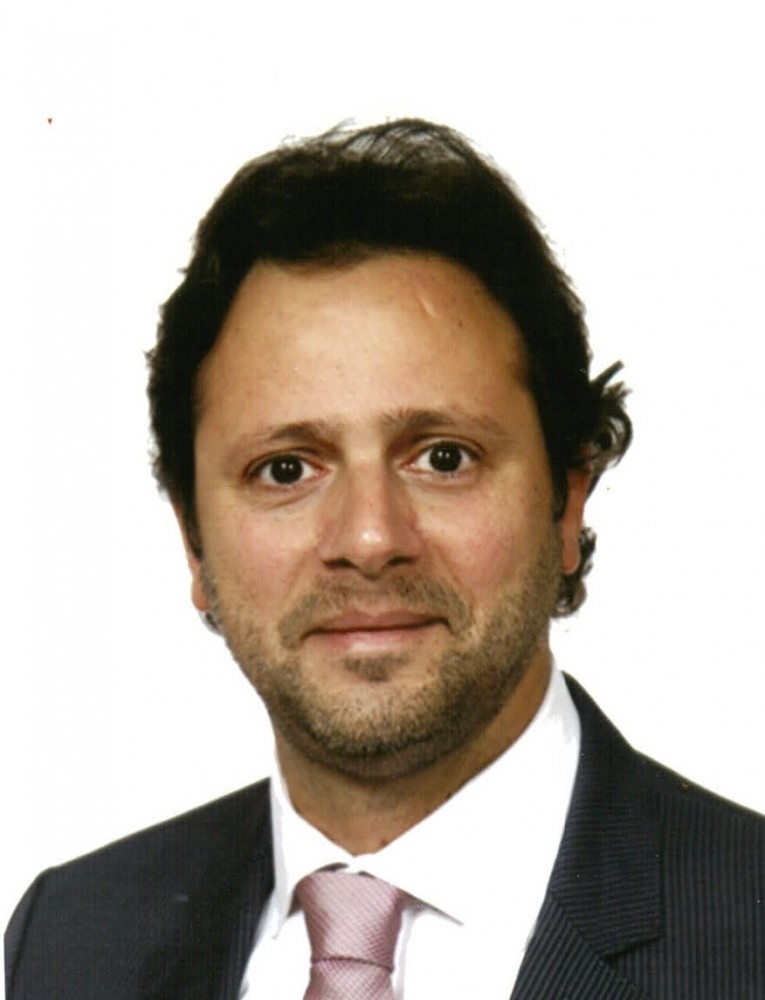
“We’ve cut everything related to marketing and advertising but we have maintained, or have tweaked, investment in in-store communication. There is no point in building brands. You can only make sure to be in the right place at the right time with the best visibility.”--Ibrahim Hanania, area manager for the Levant at Bacardi.
“We are in an observation period at the moment and are waiting to see what steps we should take at the beginning of the season,” says Nayef Kassatly, the company’s managing partner. “Accordingly, we will then tailor our communication. As far as I see things, spending will at the very maximum reach 50 per cent of 2019.”
Although Gray Mackenzie Retail Lebanon froze its budgets at the beginning of the crisis, it has since adapted its plans accordingly, says El Kahi. “Our advertising expenditure dropped at the beginning but we were the first company to launch a national campaign in November – right after the debut of the crisis – promoting Lebanese products and local currency on billboards, TV channels and social media,” he says. “Budgets were reduced, plans have changed, strategies were modified to fit the situation; communication channels were shuffled, but we have no choice but to move forward.”
Those changes include a reduced budget of between 30 and 50 per cent and a reliance on traditional ‘news’ media such as TV and radio, in addition to local online portals. Messaging has also been adapted.
“Our shoppers’ expectations and needs have changed, therefore everything has to be tailored for this exceptional situation,” says El Kahi. “From loyalty rewards, products on promotion, assortment, communication messages, events and even influencers’ selection. All that we do has to fit the current circumstances. It is not a short period crisis, hence the need of a proper plan to be able to overpass it successfully.”
The same is true for L’Oréal, which is being more vigilant in the way its investments are made, according to Patsalides. That means selecting the right products to focus on and concentrating on reach and awareness in order to “further drive our brands’ proximity with local consumers”.
“Given the current uncertainties in the market and our dedication to keep the consumers’ needs at the heart of all our efforts and investments, 2020 will be a year in which we focus our marketing initiatives and campaigns on innovations and products, which we believe truly make a difference in our consumers’ daily habits and consumption behaviours,” says Patsalides.
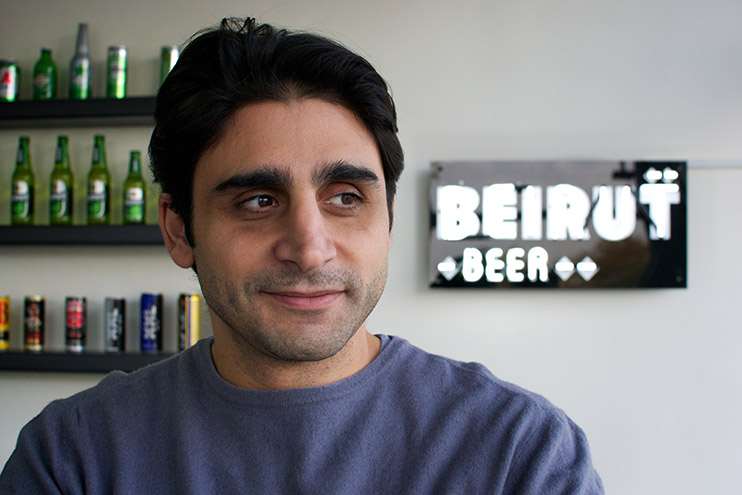
“In the absence of US dollars, imported products will be less and less available and this will definitely impact positively on locally-produced products. But that’s based on our vision of things and not on science. We are in Lebanon after all. We might wake up tomorrow with a totally different scenario.”---Nayef Kassatly, managing partner of Kassatly Chtaura
Despite the severity of the crisis, however, there are those who see opportunity as well as hardship in the months ahead, especially those companies focussed on local produce. Kassatly Chtaura in particular believes that increased market share is possible.
“We have not reduced our staff because we believe that this situation might be an opportunity for local producers,” says Kassatly. “In the absence of US dollars, imported products will be less and less available and this will definitely impact positively on locally-produced products. But that’s based on our vision of things and not on science. We are in Lebanon after all. We might wake up tomorrow with a totally different scenario.”
Kassatly is not alone. “Without diminishing all the difficulties and uncertainties, for which we must be very well prepared, we will sustain our positive mindset and work to seize all opportunities to strengthen this beautiful business that was built in Lebanon during the past 20 years,” says Patsalides. “Despite a market characterised as ‘volatile, uncertain, complex and ambiguous’, L’Oréal will remain encouraged and will continue focusing on growth and gaining market shares.
“We are tackling 2020 with realism and determination. Realism because the economic environment will certainly still be difficult. But also determined, because thanks to our product innovation momentum, our brand portfolio, our entrepreneurial culture and the high quality of our teams, we are confident in L’Oréal’s ability to successfully weather this adverse economic climate and to even emerge stronger than before.”


